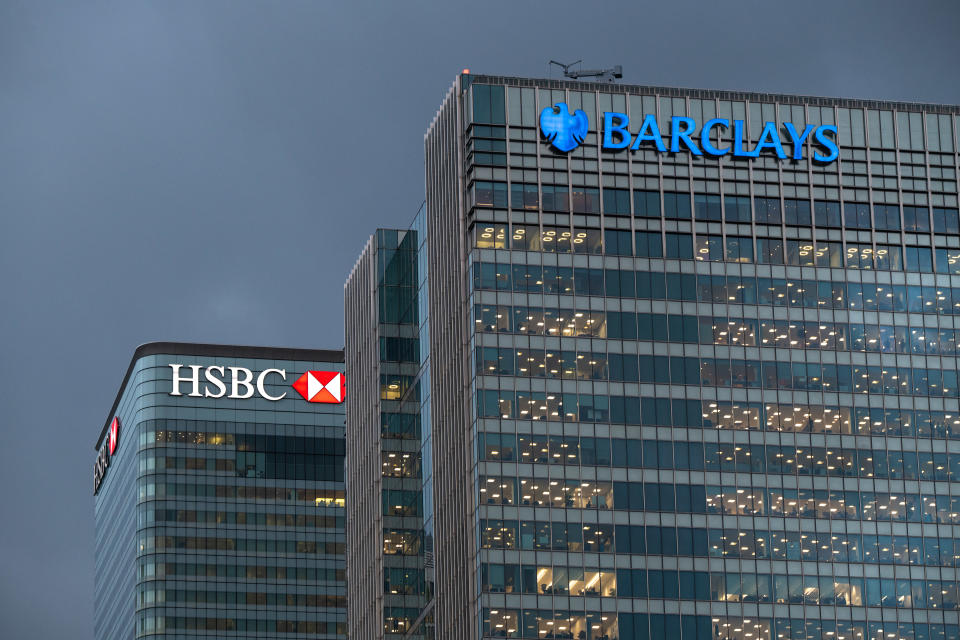Coronavirus: UK banks can survive unprecedented economic collapse

UK banks and building societies are in a good position to withstand a near-total collapse in the country’s economy, the Bank of England said on Thursday.
Financial institutions have “more than sufficient” buffers to ensure that they can continue lending even if they experience significant loan losses, according to the results of a new stress test conducted by the bank.
The “desktop” stress test, which modeled an almost 30% collapse in economic output in the second quarter, found that banks would incur total credit losses of just over £80bn ($99.6bn).
That would suck up about 45% of the banking system’s available capital buffers, but would still allow banks to continue providing credit to the economy.
READ MORE: Bank of England holds rates and predicts ‘very sharp’ fall in economic growth
The central bank emphasised, however, the extent to which the banking system would need to continue lending to minimise long-term economic damage to the country.
“If banks were to withdraw from credit provision, more businesses would fail due to cash-flow deficits, triggering bigger losses for banks on their existing corporate loans and, by pushing unemployment higher, bigger losses on existing household loans too,” the bank warned.
The Bank of England said it was in the “collective interest” of banks to continue supporting businesses and households throughout the pandemic, noting that the government’s loan guarantee scheme meant that banks could extend “substantial support” using very little of their own capital.
“By supporting households and business, banks will help to avoid a worse outcome for the economy as a whole, which would in turn generate greater credit losses and weaken their capital positions,” Bank of England governor Andrew Bailey said on Thursday.
READ MORE: UK starting salaries shrink at fastest rate since 2009
The bank noted, however, that there was “considerable uncertainty” about the precise impact of the economic disruption on the UK banking system, adding that it would depend on the evolution of the pandemic, the public health response, and a range of other factors.
While it decided not to issue its traditional forecasts, the bank on Thursday predicted that the country’s gross domestic product could shrink by 14% in 2020, noting that there would be a “substantial increase” in unemployment in the first half of 2020.
Regulatory reforms implemented after the 2008 financial crisis mean that UK banks are in a stronger position to deal with the coronavirus pandemic than they otherwise would be, the bank noted.
Separately, the bank’s Monetary Policy Committee held its benchmark interest rate at 0.1% and chose to maintain its current pace of asset purchases.

 Yahoo Finance
Yahoo Finance 
